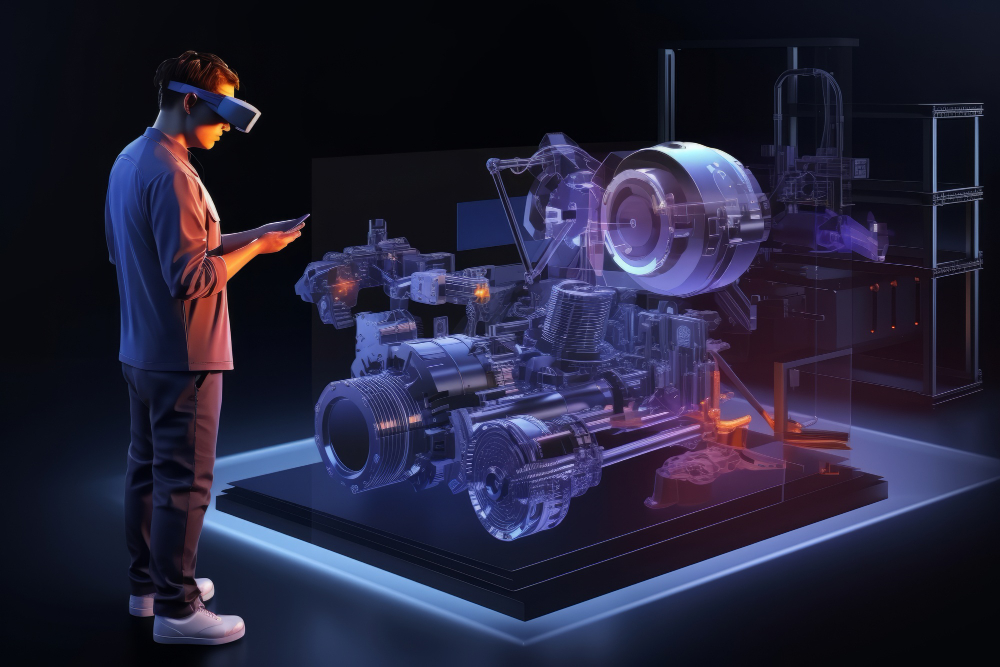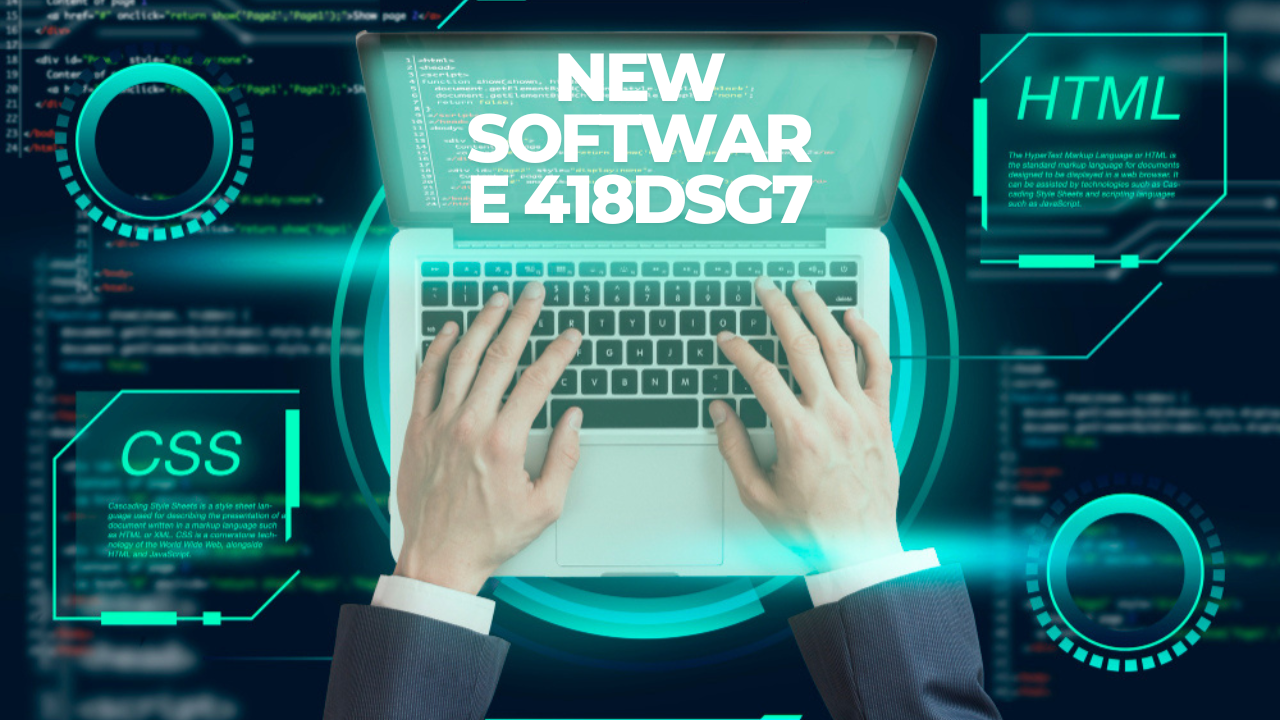In the fast-evolving world of technology, there are certain breakthroughs that reshape the way industries operate and how individuals interact with their environment. One such groundbreaking development is NNRM28—an innovation that promises to revolutionize not just industries but daily life as well. But what exactly is NNRM28, and why is it poised to make such a significant impact?
What is NNRM28?
At its core, NNRM28 is a next-generation technology designed to enhance efficiency, precision, and connectivity across various sectors. Unlike previous technologies that focus on individual improvements in isolated systems, NNRM28 integrates multiple technological advancements to create a seamless ecosystem where machines, systems, and humans collaborate in real time. This technology harnesses the power of Artificial Intelligence (AI), Big Data, Internet of Things (IoT), and 5G to enable smarter automation, real-time decision-making, and enhanced user experiences.
The versatility of NNRM28 lies in its ability to transcend industry boundaries, offering tailored solutions to a wide range of sectors. Whether it’s manufacturing, healthcare, agriculture, or personal devices, NNRM28 is set to make a mark.
Transforming Industries
1. Manufacturing
One of the first areas where NNRM28 is making waves is in the manufacturing industry. Traditional manufacturing processes rely on manual operations or semi-automated systems, often resulting in inefficiencies. NNRM28 introduces smart manufacturing by integrating AI and IoT to create fully automated production lines capable of real-time monitoring and optimization.
With this technology, manufacturers can minimize downtime, reduce waste, and increase overall productivity. The sensors embedded in machinery track wear and tear, ensuring that maintenance is performed only when necessary, saving costs and improving longevity. Furthermore, the data gathered from each step of the production process helps manufacturers identify bottlenecks and inefficiencies that were previously invisible, enabling a more streamlined operation.
2. Healthcare
In the healthcare industry, NNRM28 has the potential to drastically improve patient care and streamline medical services. Imagine a world where doctors have instant access to a patient’s real-time health data through wearable devices. These devices, powered by NNRM28, can track vital signs and detect abnormalities before symptoms even manifest.
Through AI integration, NNRM28 can analyze massive amounts of data from patient records, studies, and medical research to assist doctors in making more accurate diagnoses and treatment plans. Hospitals can leverage automated systems to manage administrative tasks, reducing human error and allowing healthcare professionals to focus on what matters most: patient care.
3. Agriculture
As global demand for food continues to rise, agricultural practices must evolve to meet growing needs. NNRM28 steps into the agricultural sector by enabling precision farming—the practice of using advanced technology to optimize crop yield and resource use. Sensors and drones powered by NNRM28 can monitor soil conditions, weather patterns, and plant health in real time, allowing farmers to make informed decisions on irrigation, fertilization, and pest control.
This means less water wasted, fewer chemicals used, and higher crop yields, all while minimizing environmental impact. The technology can also predict potential challenges such as droughts or disease outbreaks, giving farmers the ability to respond proactively.
4. Logistics and Supply Chain Management
The logistics industry is notorious for its complexity, with numerous factors influencing the successful delivery of goods. NNRM28 introduces smart logistics, where AI-powered systems handle routing, inventory management, and real-time tracking.
Automated vehicles, including drones and trucks, could one day be controlled by NNRM28 to efficiently move goods across vast distances with minimal human intervention. The system’s ability to analyze traffic patterns, weather, and fuel efficiency can drastically reduce delivery times and costs.
Enhancing Daily Life
1. Smart Homes
On a more personal level, NNRM28 is set to redefine the way people live in their homes. Smart home devices—ranging from lighting systems and thermostats to security cameras and kitchen appliances—can all be interconnected through the NNRM28 platform. This seamless connectivity allows users to control their entire home environment with just a voice command or through an intuitive app.
The AI capabilities of NNRM28 make it possible for homes to “learn” user habits, optimizing energy use, adjusting settings based on preferences, and even providing reminders for daily tasks. Moreover, enhanced security measures powered by NNRM28 ensure that homes are better protected from potential threats, whether they be burglars or cyberattacks.
2. Personal Devices
NNRM28’s influence isn’t limited to smart homes; it also extends to the devices people carry daily. Smartphones, wearables, and tablets can all benefit from NNRM28’s advanced connectivity and AI integration. Imagine a device that doesn’t just respond to your commands but anticipates your needs based on your behavior patterns.
This kind of technology will lead to a more personalized user experience, whether it’s optimizing battery life, suggesting healthier lifestyle choices, or even reminding you of tasks before you realize they need to be done. Personal health monitoring devices, such as fitness trackers, will become more accurate, tracking not just physical activity but also stress levels and emotional well-being.
Addressing Challenges and Concerns
While NNRM28 has the potential to transform industries and daily life, it also raises important questions. How will the widespread adoption of such a technology impact jobs that rely on manual labor or routine tasks? What privacy concerns arise from the extensive data collection and AI-driven decision-making that NNRM28 enables?
These concerns must be addressed as NNRM28 continues to develop. Governments and companies will need to establish ethical frameworks to ensure that the technology is used responsibly. This includes protecting user privacy, ensuring data security, and creating retraining programs for workers whose jobs may be affected by automation.
Conclusion
NNRM28 represents a new era of technological advancement, offering unprecedented levels of efficiency, automation, and personalization. By transforming industries such as manufacturing, healthcare, agriculture, and logistics, NNRM28 is driving economic growth and innovation. On a personal level, it’s reshaping daily life through smarter homes and devices, making technology more intuitive and responsive to individual needs.
As we move forward, embracing this technology while addressing the challenges it presents will be crucial. With the right balance of innovation and responsibility, NNRM28 has the potential to shape a better, more connected future.









